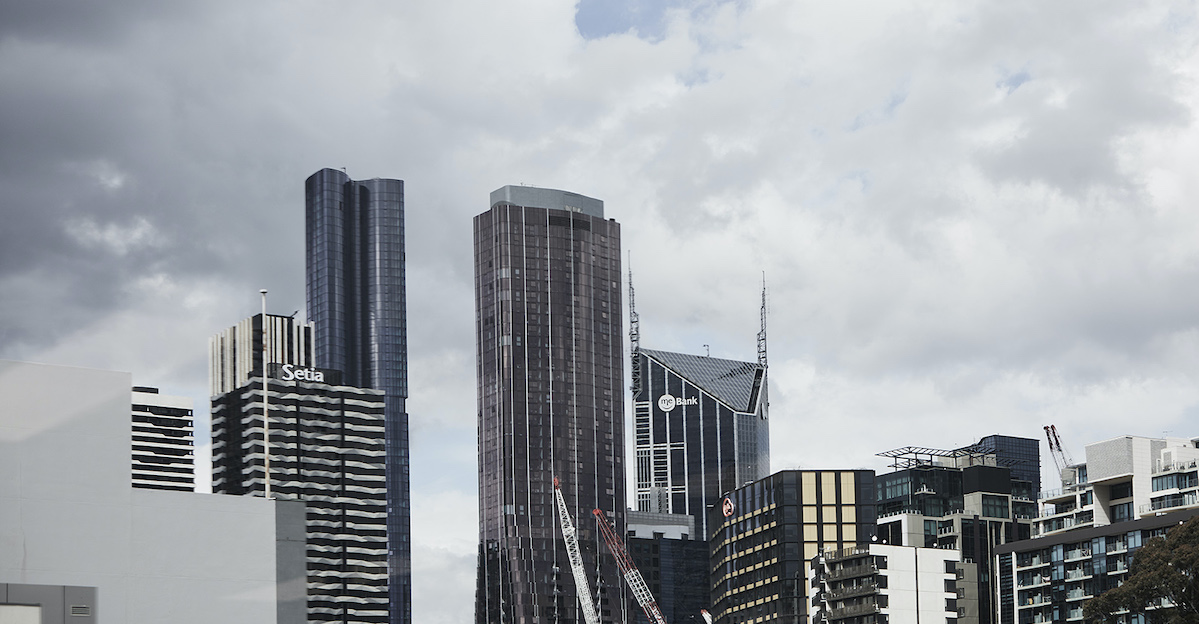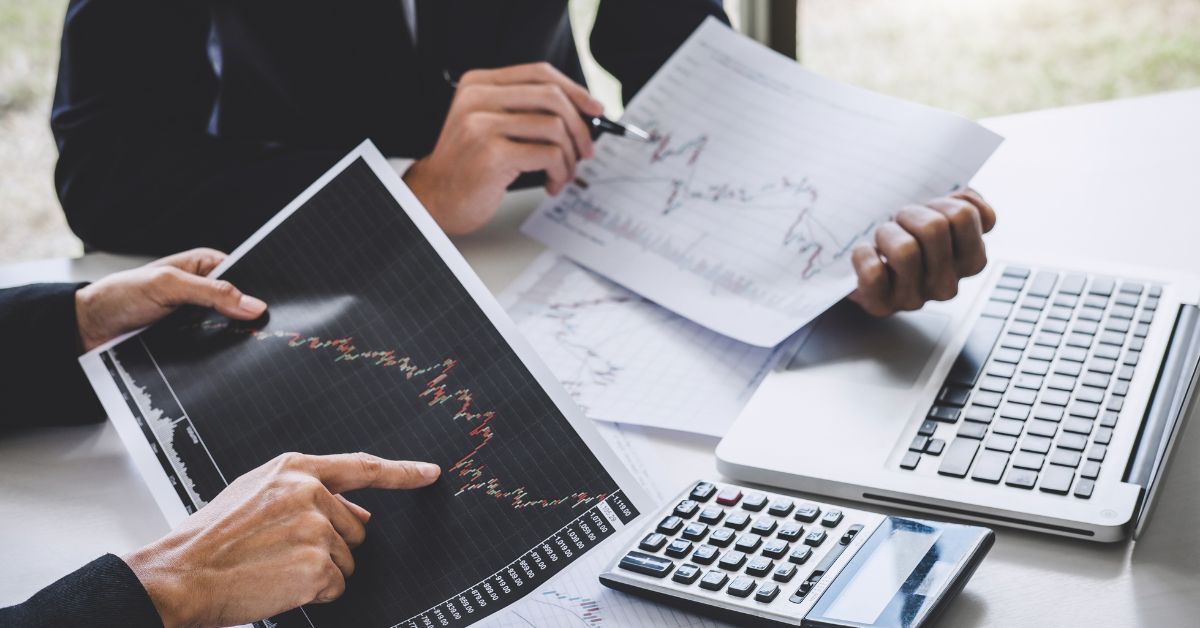
The newspaper headlines over the last week would have us believe that COVID-19, also known as the coronavirus will bring on the end of the world as we know it.
Negativity abounds with headlines like "Aussie Shares Suffer $210 billion Wipe-out", "ASX Routed - 10% wiped off in a week" or "Pandemic Panic - Markets plunge".
My bellwether measure is my mum and when she comes to me and asks "Have I lost all my savings?" then I know the media's scaremongering has gone too far and it's time for me to present a more balanced view of where things are at with financial markets.
Financial markets dislike uncertainty and the coronavirus has created significant uncertainty. The coronavirus is having a huge impact on the Chinese economy as well as global tourism, but nobody knows at this stage what impact this will be on global economies nor the duration of this impact.
In terms of its impact on financial markets, so far we have only seen an initial knee-jerk reaction. History continues to show us that financial markets overshoot to the upside and to the downside, and in the long-run when the initial fears subside the performance of global and local share markets will be driven by company earnings and the economic factors that impact on these earnings. At this stage, nobody can quantify what the impact of the coronavirus will be on company earnings or the global economy.
However, we need to put in context, last week's falls in the Australian and global share markets. Financial markets have had an amazing run throughout 2019 and sooner or later, the brakes were going to be put on - the coronavirus is the catalyst for this.
The Australian share market grew by 19.1% in the 2019 calendar year, however, since the start of the year has fallen by 4.3% (All Ordinaries Index). International share markets were similar growing by 21.6% in 2019 but falling by 1.8% since the start of this year (MSCI World ex-Aust Index).
It should be remembered that in the last 4 months of 2018, the Australian share market fell by 11.2% on fears of the Banking Royal Commission and the start of Donald Trump's Trade War with China. International shares were similar to a fall of 11.0% over the same period. However, in Jan 2019 the dark clouds cleared, the uncertainty subsided and the markets focused back on actual company earnings and stock markets continued to rise throughout 2019.
This will occur once again, as it did after Brexit, the election of Donald Trump, the Global Financial Crisis, Sept 11, the Internet Bubble and so on. Financial markets fall on fear and rise when reality kicks in.
As all clients of Inovayt know, we don't just invest client's savings in Australian and global share markets. Your savings in a diversified spread of all major asset classes including local and global government bond markets, property and cash. In doing so, we reduce the impact of a single asset class on your overall investment.
I urge you to remember that we have created suitably diversified investment portfolios for all our clients based on your tolerance to risk and the duration of your investment. We don't alter investment portfolios based on short-term shocks to financial markets, preferring to base our decisions on market fundamentals that drive long-term investment returns. We strongly believe this is the most secure way to generate long-term sustainable wealth.
From Inovayt Wealth Directors Nick Reilly and Tony Stewart
If you have any concerns, please call us on 1300 354 355.






